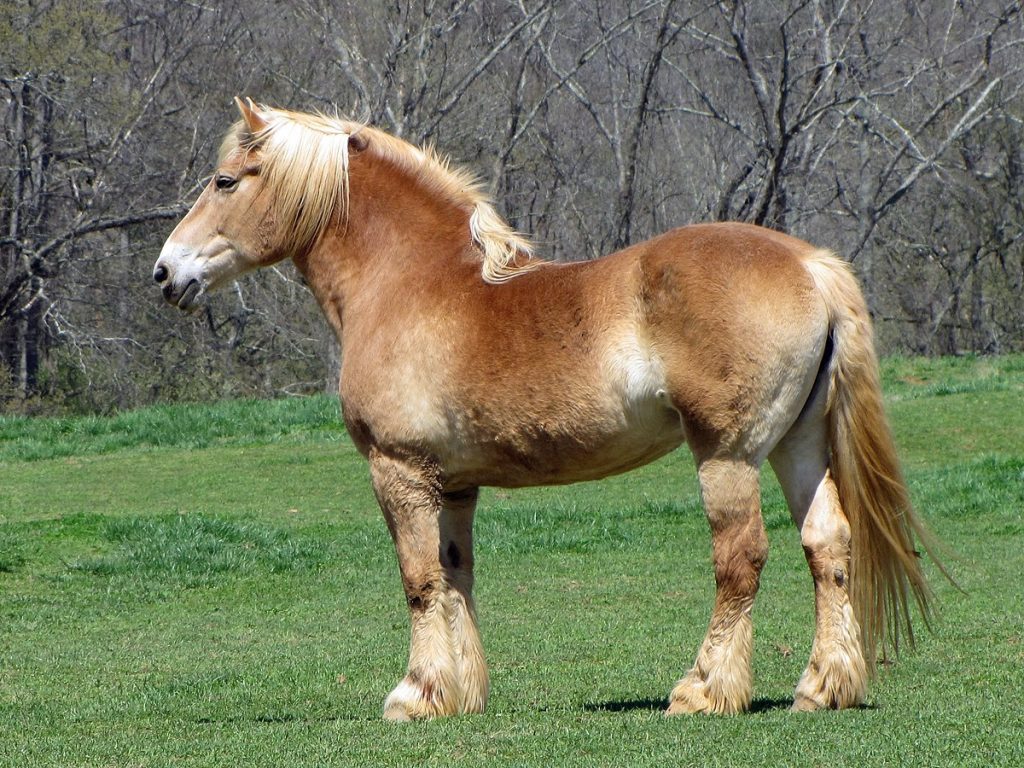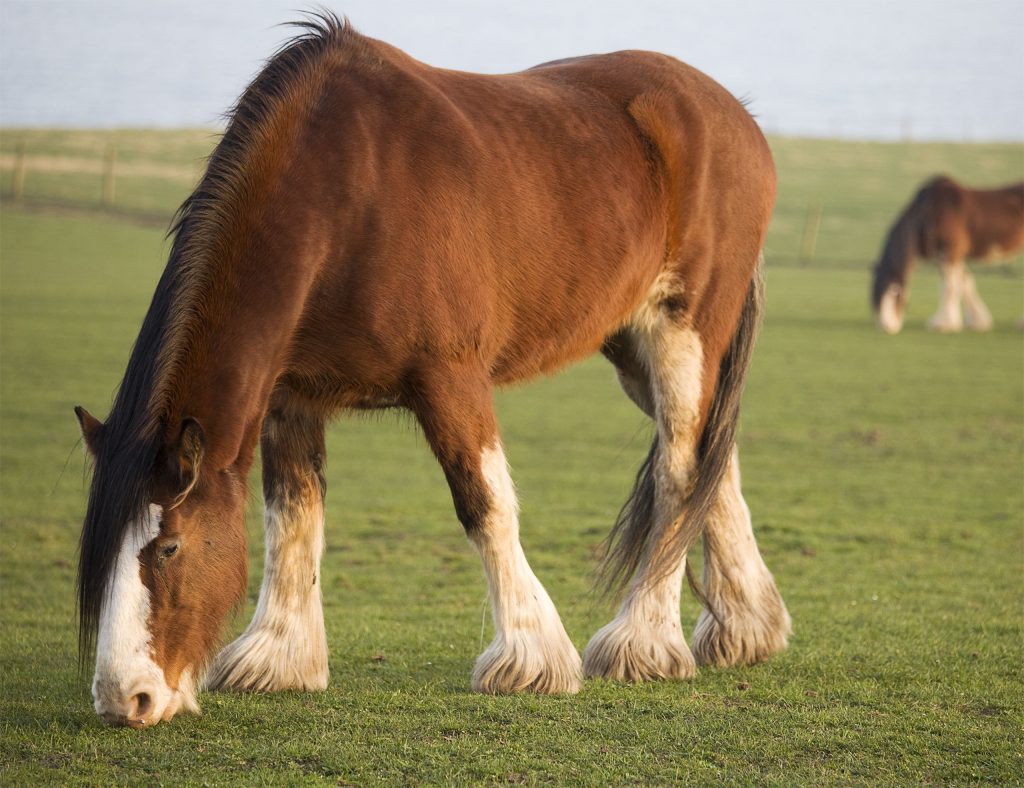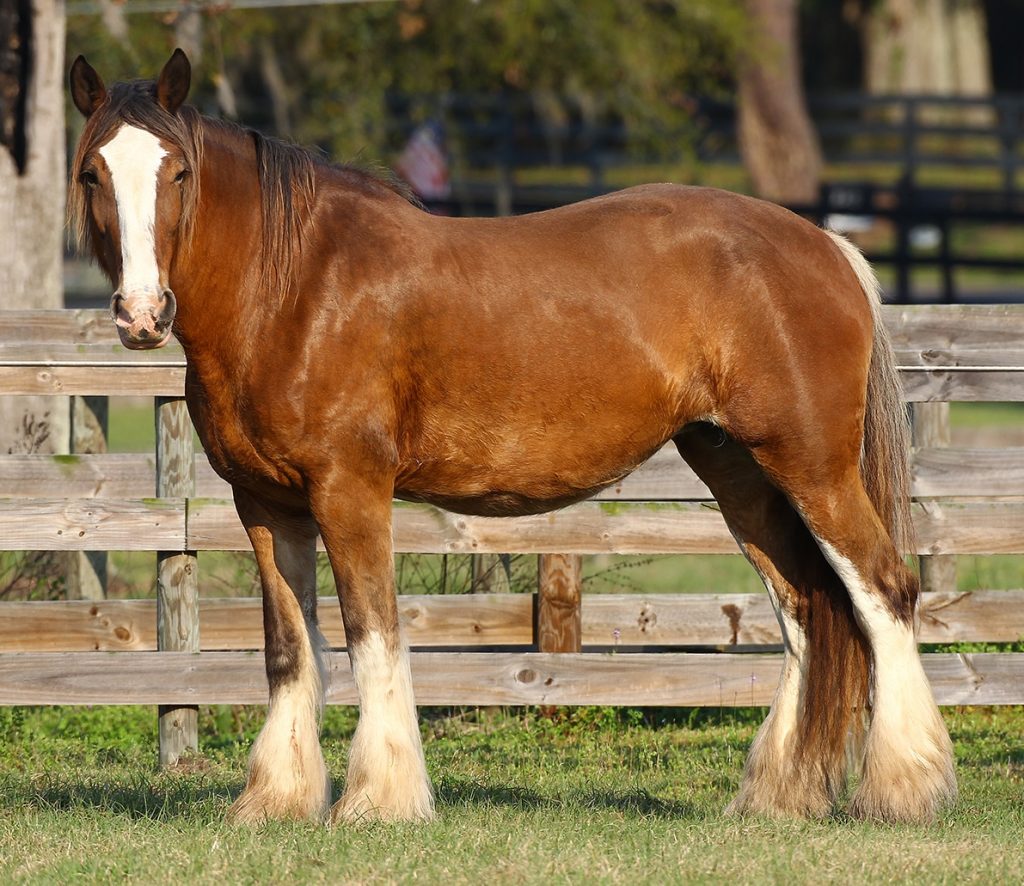Belgian Draft and Clydesdale horses are both well-known draft breeds, each with unique health concerns and lifespans. Understanding the differences between these two breeds helps owners and caretakers tailor care strategies to ensure optimal health and longevity. Factors such as genetics, environment, diet, and care significantly impact their overall well-being. By recognizing breed-specific traits and potential health issues, caretakers can focus on prevention and early intervention. https://hearttohorses.com/
>> READ MORE:
- Belgian Draft Horse vs Clydesdale A Comparison of Two Majestic Equines
- Discover the Majestic Beauty: Belgian Draft vs. Clydesdale Horse Colors and Markings Revealed
Contents
Breed History and Characteristics
The Belgian Draft horse, originating from Belgium, is known for its impressive strength and typically comes in bay, chestnut, roan, or black coats. Belgians are renowned for their docile temperament and immense pulling power, commonly used in farming and forestry work.

Clydesdales, hailing from Scotland’s Clyde Valley, are famous for their striking appearance, particularly the feathering around their hooves and their bay coat with white markings. Like the Belgians, Clydesdales are used for heavy labor and as show horses, admired for their grace and distinctive personality.
Health and Lifespan Concerns: Belgian Draft vs. Clydesdale
When comparing the health and lifespan of Belgian Draft and Clydesdale horses, both breeds are robust but predisposed to certain health conditions. Belgian Drafts may suffer from junctional epidermolysis bullosa, a genetic skin disorder, while Clydesdales may face chronic progressive lymphedema, which causes swelling in the limbs. Despite these concerns, both breeds can lead long, productive lives with the right care.
In general, Belgian Drafts live 18-22 years, while Clydesdales typically have a lifespan of 20-25 years. While genetics play a key role, the quality of care provided is often the determining factor in how long and how well these horses live.
Genetics, Environment, and Care
The genetics of Belgian Drafts and Clydesdales influence their health and longevity, with a healthy lineage contributing to fewer health complications. The environment also plays a significant role—access to clean pastures, proper shelter, and a supportive herd environment help ensure their well-being.
Effective care includes a balanced diet suited to the needs of large draft horses, regular exercise to maintain muscle mass and cardiovascular health, and routine veterinary check-ups to catch any potential issues early. Preventive care, such as vaccinations, deworming, and dental care, is essential to avoid complications.
Common Health Issues
Breed-specific health issues should be closely monitored. Belgian Drafts are susceptible to skin problems related to junctional epidermolysis bullosa, while Clydesdales’ feathered legs need regular inspection for skin irritations or lymphedema. Both breeds are prone to conditions like colic, laminitis, and arthritis due to their size and weight, requiring careful management of their diet, hoof care, and living conditions.

Preventive Care Strategies
Preventive care plays a critical role in extending the life and improving the quality of life for both Belgian Drafts and Clydesdales. Regular hoof trimming, dental care, and parasite management are essential. Additionally, stress management, adequate rest, and a tailored routine that aligns with the horses’ physical abilities are crucial for maintaining their health.

